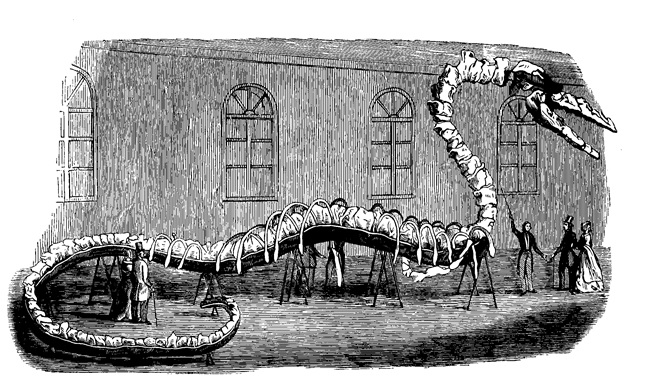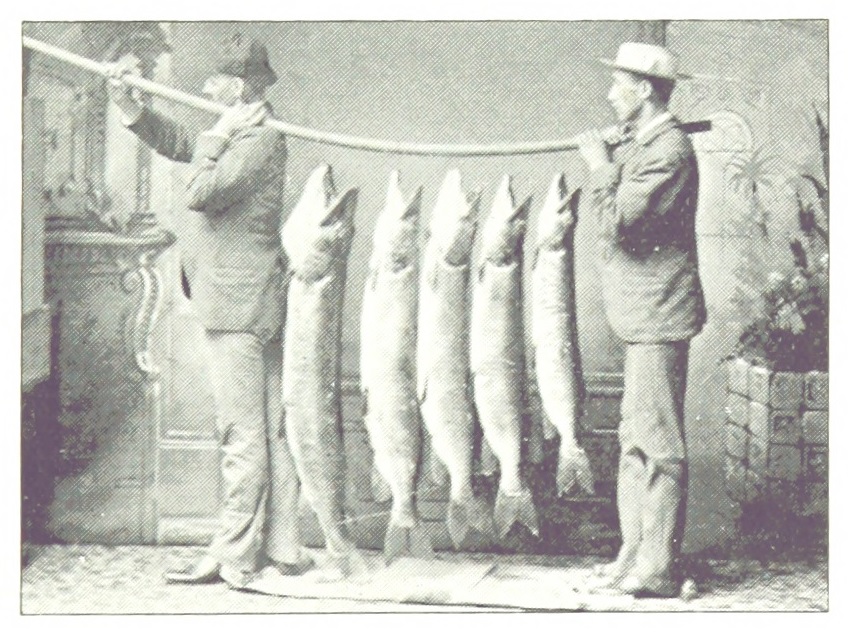
Noting some traits but not limitations of surrealist meetings.
A meeting is another one of those things, like automatism or game playing, that is otherwise highly utilitarian or commercializable, but which surrealism uproots into another realm entirely. In a sense, automatization and de-humanization are the classical Taylorist end goals of the production process—the appendicizing of individuals as parts. Likewise, game playing (especially electronically) has become a highly viable commercial enterprise, as well as a sort of self-surveillance and discipline of mediocrity. Yet for surrealism these two fields of research have long been focal points for total liberation. Likewise, the infamous “meeting” of the everyday world: where boardroom executives and secret coteries discuss profits and propose new forms of exploitation. Or, on the other hand, where casual acquaintances drown their sorrows and spend their off-hours in pointless distractions from the miseries of the working day. Arranged meetings will then either be, in the context of business or utility in any form, a highly rigorous affair (agendas, points of discussion, action items) or in the sense of social gathering, utterly loose and banal re-affirmations of social norms (what-are-you-watching-on-Netflix-over-a-pint).
Banishing Constraints
There is a kind of heightened taste and smell for limitations which automatically emerges when the electricity of uselessness is in the atmosphere. Typically I notice the dynamics take the form of a kind of casting-out or banishment of conventions, as soon as it becomes collectively apparent that those conventions are too manifest. It’s not about defining a genre or format or even a methodology of pursuit, but of creating a series of subtractions such that all anxiety and slavishness is impossible in whatever it is that is being explored. For example, a proposed game or endeavour. It will inevitably come with a wave of performance anxiety (“I’m not a good artist”, “I can’t think that fast” etc.) which needs to be utterly cast out by the collective excitement and curiosity to get on with it. Likewise the side-conversations or reminders of everyday life and social obligations, especially if the players are involved in more than just surrealist connections (friends, roommates, lovers etc); such escapism from escapism tends to spoil the atmosphere pretty apparently, and is usually kept to a bare minimum once its effects are tried.
Feeding Worries (from Anecdotes to Polemics)
Certainly a polemic strain of pursuit can develop. After all, this is a zone where refugees from everyday life are free to discuss their traumas. It makes sense to digress and bring forward as examples, for the surrealist microscope, of the shittiness of everyday experiences. Whether it’s the trauma of sexual harassment on the street or the oppressive niceness of an enforced party, an exasperation with poverty or a horrible experience with the doctor, the everyday anecdote quickly becomes a form of generalized polemic. It’s a kind of commiseration, but also a musketeering: each unjustice to one is an ontological wrong that must be righted together, and immediately. Eventually these grow into thematic traumas and obsessions, and hopefully, into a life of their own, lent, shared, mixed beyond the traumatized individual to the many-headed egregore that eats feelings and breathes fire. Ultimately, a dialectical journey from internalized worry to externalized antagonism.
Prolonging Curiosities (from Observations to Obsessions)
Individual observations make friends and acquaintances. A game or a conversation or a noticeable feature of a present situation becomes a volleyball match. Short-circuits are noted and tested for new applications. What starts as a casual curiosity or contingent reference becomes, for the group, a potential master-sign. Par-excellence, the obsession or the theme. A perpetual and diabolical machine for the creation of certain types of monstrosities. The game is just a specific method of research here, more fundamental is the collective identity formed in the single hunt. Why can’t toilet humour assume the rigours of the Hegelian dialectic? Maybe Hegel was a hammy music-hall performer the whole time…
Making Believe
There is a certain ecstasy in play that prolongs itself beyond the “round”. Once the distinction between playing and living becomes blurred, the fairies enter the room. We tell each other dreams in the hopes of overcoming the resistances involved in confessing our desires directly. But after enough playing, we get there. We are become delirium. So delirious that we assume a serious tone. We are now day-dreaming together, not just talking about dreams.
Laying Traps
If ever we are yanked from the domain of the fairies by the buzzing of a phone, and the time is over, there is always the gathering up of scraps. The emotions and creatures unleashed need a home while we go back to the fake world, however temporarily. Thus the “outcome” of a meeting, beyond the experience itself, can only be the burying of a hoard, and the laying of certain traps, curses, ploys. These will serve 1) to preserve a form of the experience for a future attempt 2) to mark “X” on the map for future comrades or fellow travelers or 3) to destroy or incapacitate whatever enemies come between us and the treasure we are burying.
Androgynous Zones (On the move)
Generally we meet in liminal coffee shops (not downtown), parks, beaches, and for a little while an out of the way Vietnamese restaurant. There is also the question of avoiding the cafe life, the sedentary camp, latching onto vagrancy and rambling and mobile meetings far away from coffee shops or pubs (and in this regard the Stockholm group has a lot of experience in the hobo life and remains an important reference). Taking gothic walks in haunted suburbs. The style of conclusion will vary wildly depending on the scenario chosen. The general dynamic however will always model itself on some kind of exchange, or some kind of quest (with attendant divisions of labour). What is important is that it never delineate itself along cisgendered platitudes and comfort zones. Our “array” (whether seated or on the move) is always striving to be positionally anti-oedipal.
